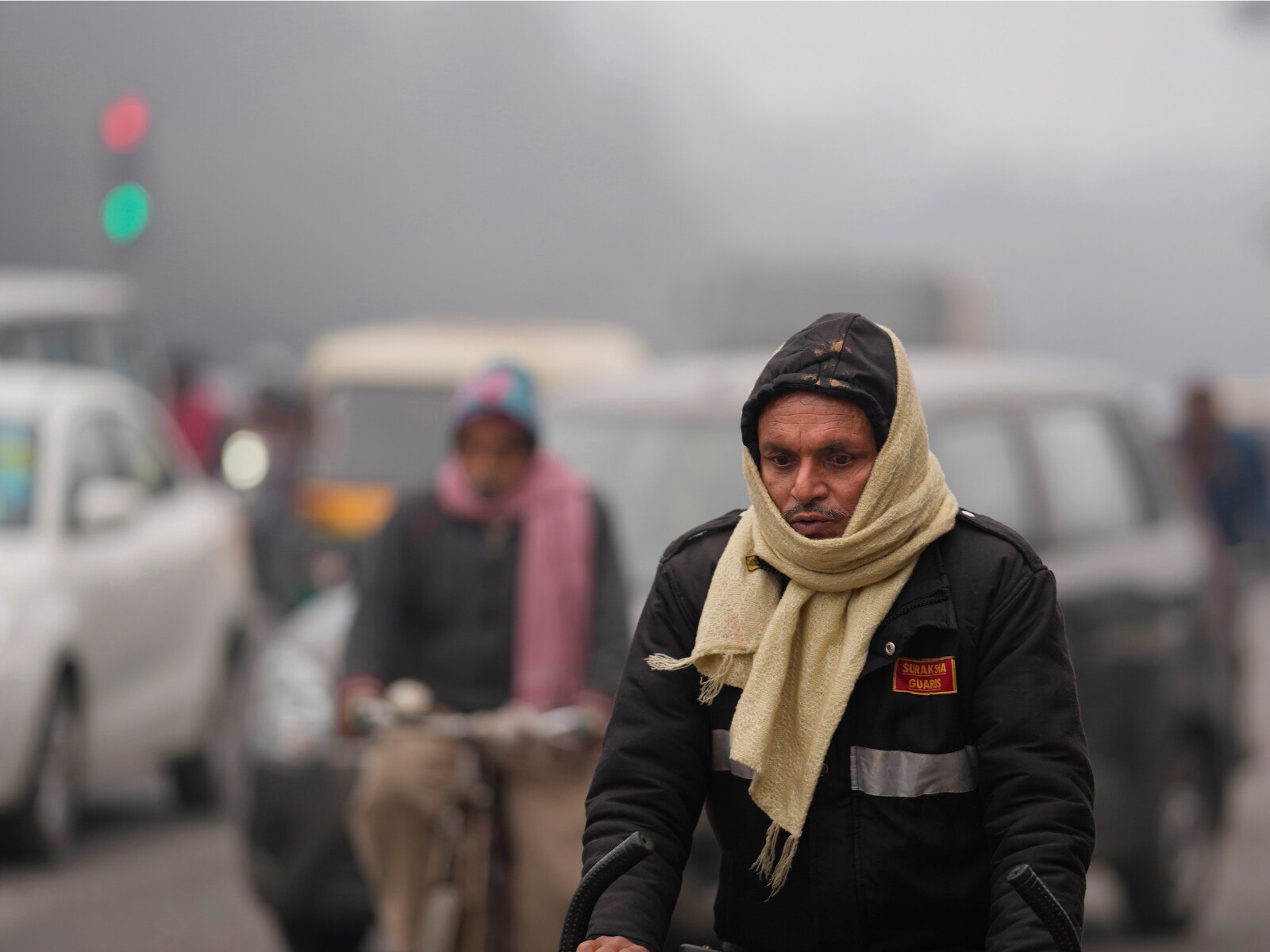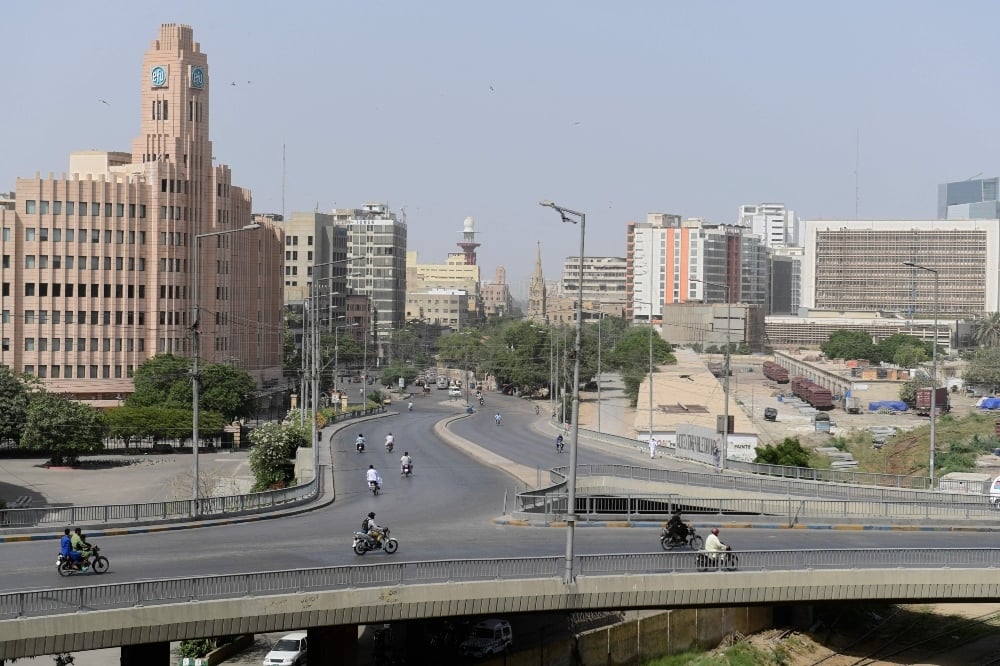Winter in Karachi, the largest city in Pakistan, is a season that many residents eagerly wait for. Unlike many regions that experience harsh winters, Karachi enjoys a mild and pleasant winter, characterized by cooler temperatures, dry weather, and a noticeable drop in humidity. This article puts attention into the specifics of when winter typically starts in Karachi, what the season brings, and how it affects daily life in the city.
Understanding Karachi’s Climate
Karachi is situated on the southern coast of Pakistan, bordering the Arabian Sea. The city experiences a hot desert climate, with extremely high temperatures during the summer months, which can soar above 40°C (104°F). However, as the year progresses, particularly around November, temperatures begin to drop, signaling the onset of winter.
Karachi has three main seasons: summer, monsoon, and winter. The summer season generally lasts from April to September, while the monsoon season occurs from July to September, bringing humidity and rainfall. Winter typically spans from late November to early March, with the coldest months being December and January.
When Does Winter Start?
The official meteorological start of winter in Karachi is marked by a significant drop in temperature, usually around late November. By this time, the average daytime temperature begins to decrease, falling to around 25-30°C (77-86°F), and nighttime temperatures can drop to around 10-15°C (50-59°F).
The exact start of winter can vary slightly each year due to climatic changes and anomalies. However, residents typically begin to feel the cooler weather around mid to late November. It’s common to see people transitioning from summer clothing to warmer attire, such as light jackets and shawls, as the days grow shorter and cooler.
Characteristics of Karachi’s Weather
- Temperatures: Winter in Karachi is characterized by comfortable daytime temperatures and cooler nights. While the city doesn’t experience snow or frost, the weather is mild enough to enjoy outdoor activities.
- Humidity: One of the most noticeable changes is the drop in humidity. The stuffy, sticky air of the summer months gives way to drier, cooler conditions, making it a much more pleasant time to be outdoors.
- Wind Patterns: The winter season is often accompanied by cool winds blowing in from the north and northwest. These winds contribute to the overall chill in the air, especially during the night and early morning hours
- Rainfall: Unlike the monsoon season, winter in Karachi is generally dry. Rainfall is rare, making it a good time for outdoor events, picnics, and other social gatherings.
Cultural Significance of Winter
Winter holds cultural significance in Karachi, as it is a time for various festivals and events. One of the most celebrated festivals is Eid-e-Milad-un-Nabi, which takes place in the Islamic month of Rabi’ al-Awwal. The festival includes processions, gatherings, and a display of lights, making the streets of Karachi vibrant and lively.
Additionally, many people take advantage of the pleasant weather to organize outdoor activities, family gatherings, and barbecues. The beaches become popular destinations, as locals flock to the shores to enjoy the sun and sea without the oppressive heat.
Health and Lifestyle Adjustments
As winter approaches, residents often make adjustments to their daily routines. The cooler temperatures lead to a rise in outdoor activities, such as jogging, walking, and playing sports. Parks and recreational areas become more crowded as families and friends gather to enjoy the mild weather.
Moreover, the change in temperature can also have health implications. While winter is generally considered a healthier season, some people may experience respiratory issues due to dust and dry air. It’s essential to stay hydrated and maintain a balanced diet rich in fruits and vegetables to bolster the immune system.
Fashion and Winter Wear
With the arrival of winter, Karachi’s fashion scene undergoes a shift. People start to wear warmer clothing, including sweaters, shawls, and light jackets. Traditional clothing such as the ‘chadar’ and ‘pashmina’ becomes popular, reflecting both warmth and style. Fashion designers often introduce winter collections that include a mix of modern and traditional styles.
Conclusion
Winters in Karachi typically begins in late November, bringing with it a welcome respite from the irritating summer heat. The mild temperatures, reduced humidity, and dry weather create an inviting atmosphere for outdoor activities, cultural celebrations, and family gatherings. As the city transitions into this season, residents embrace the changes with enthusiasm, adapting their lifestyles and wardrobes accordingly.
Whether you’re a lifelong resident or a visitor, experiencing winter in Karachi offers a unique blend of cultural richness and natural beauty. It’s a time to enjoy the outdoors, participate in local festivities, and enjoy the comfortable weather that the season brings. As winter approaches, the anticipation grows for the delightful experiences that await in this vibrant coastal city.
Frequently Asked Questions (FAQs)
1. When does winters officially start in Karachi?
Winter in Karachi typically begins in late November. By this time, temperatures drop significantly, and the weather becomes cooler and drier.
2. What are the average temperatures during winters in Karachi?
During winter, daytime temperatures generally range from 25°C to 30°C (77°F to 86°F), while nighttime temperatures can drop to around 10°C to 15°C (50°F to 59°F).
3. How long does winter lasts in Karachi?
Winter in Karachi usually lasts from late November to early March, with December and January being the coldest months.
4. Is it possible to experience rainfall during winters in Karachi?
Winter in Karachi is generally dry, with rainfall being quite rare. Most precipitation occurs during the monsoon season, which typically ends by September.
5. How does the winter weather effect daily life in Karachi?
The cooler temperatures and reduced humidity make it more comfortable for outdoor activities, social gatherings, and commuting. Residents often enjoy a more active lifestyle during this season.
6. What health considerations should I keep in mind during winters?
While winter is generally healthier, some individuals may experience respiratory issues due to dry air. Staying hydrated and maintaining a balanced diet is essential for overall well-being.

